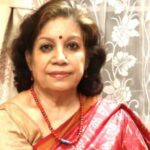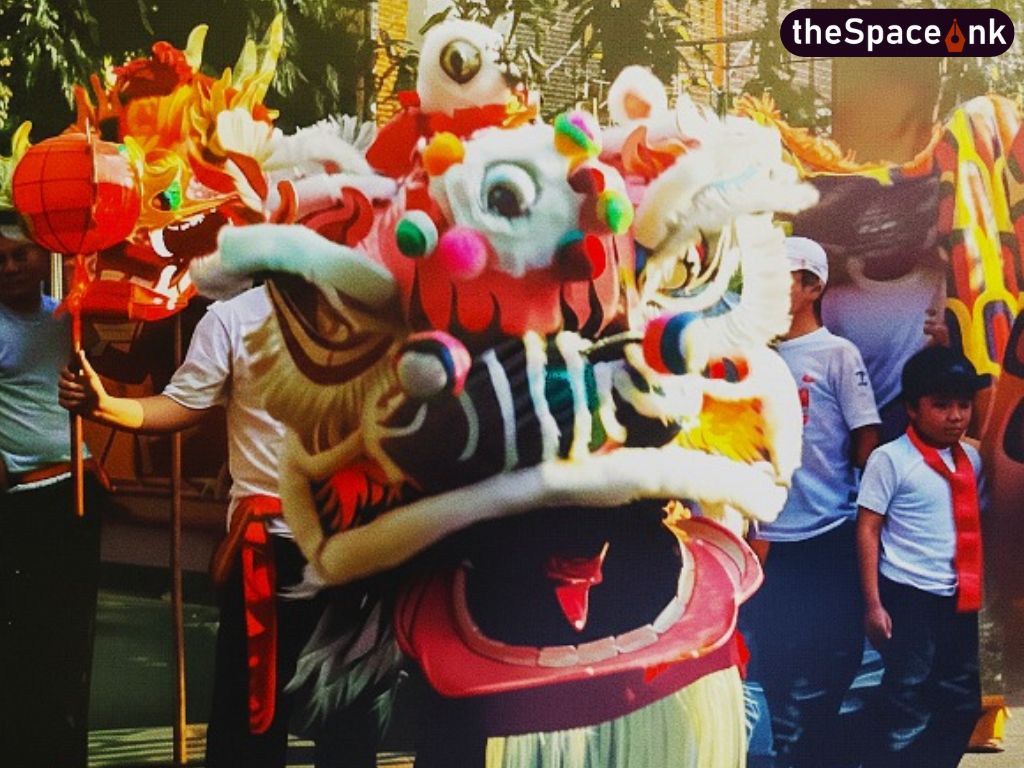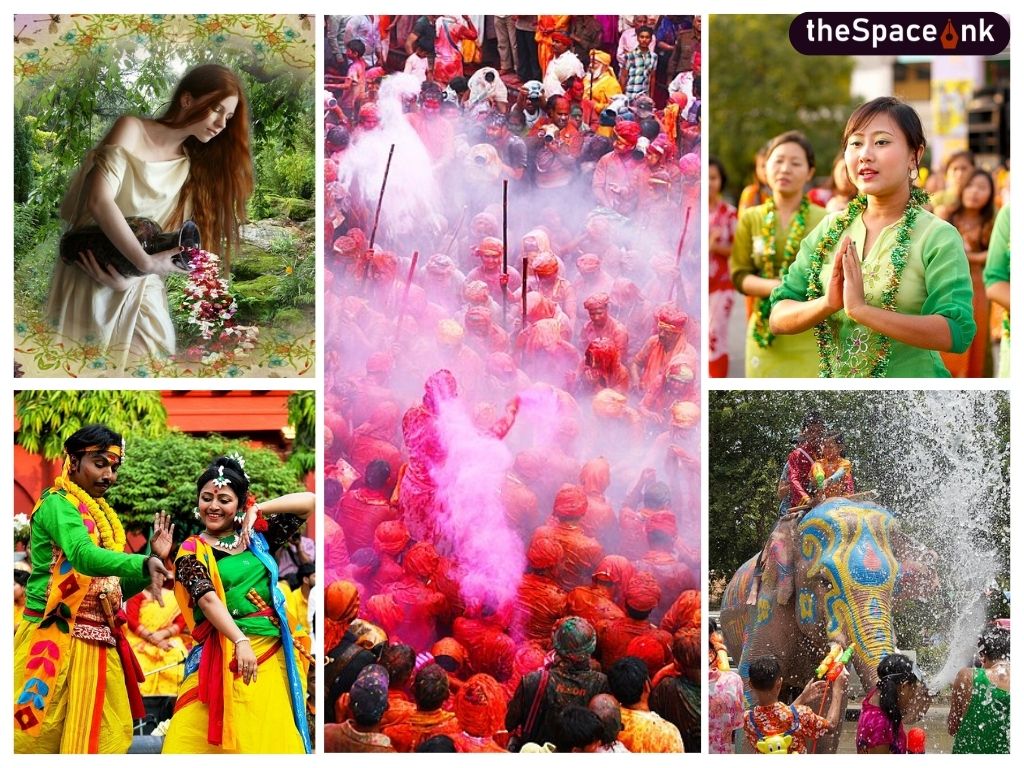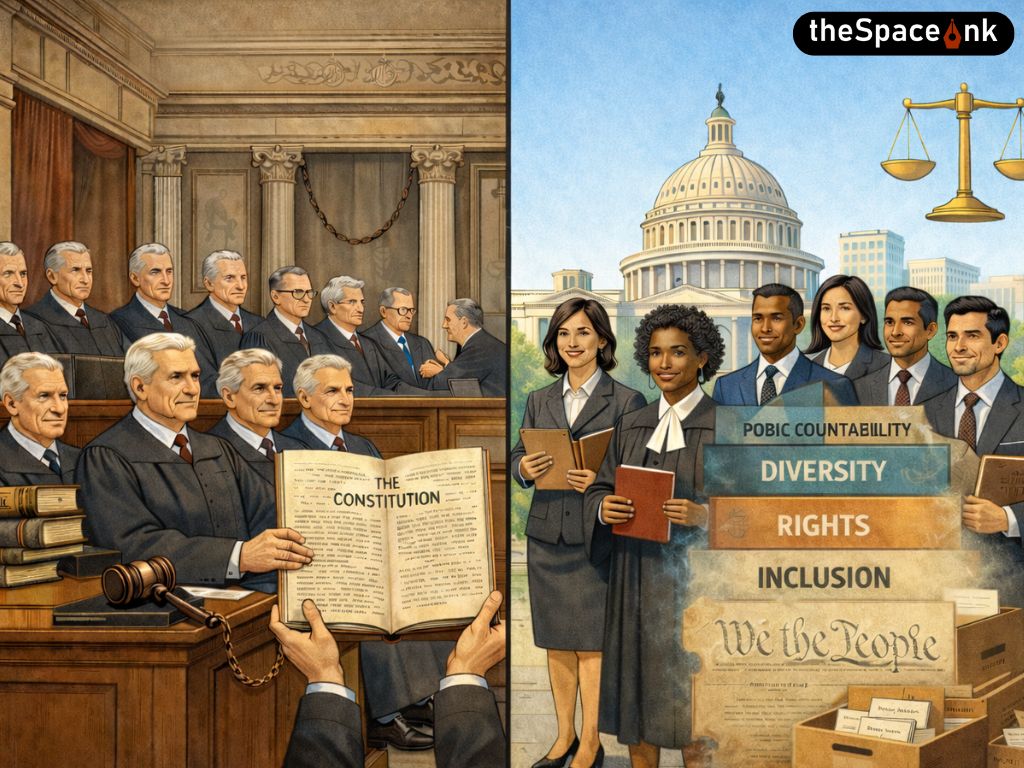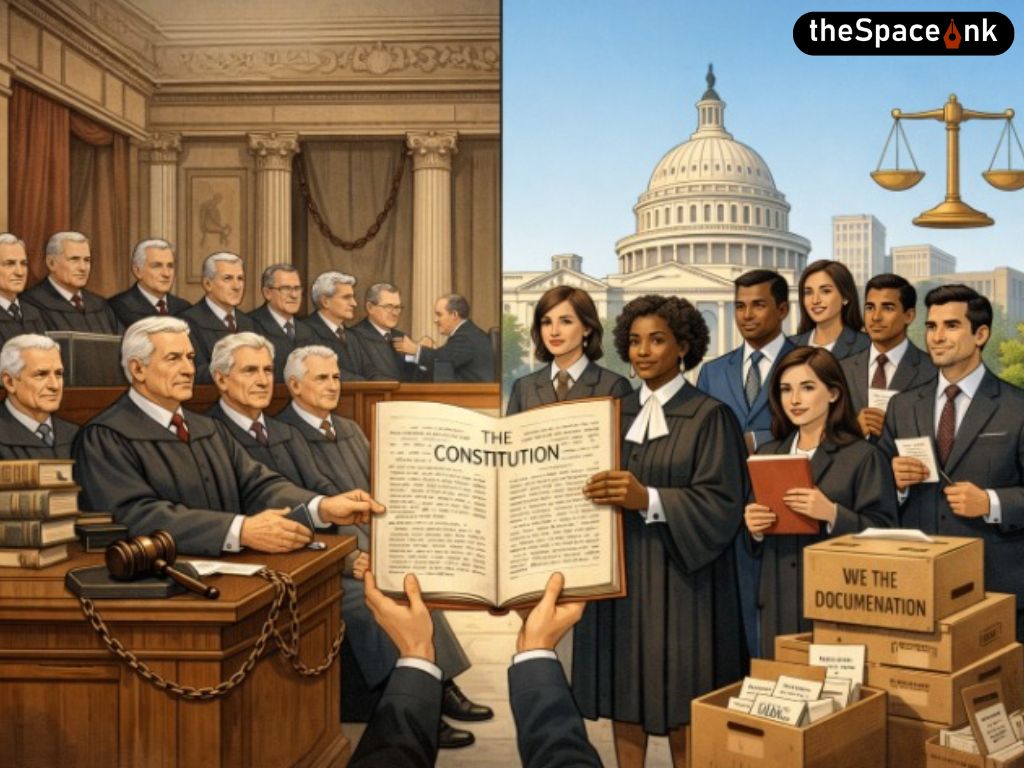Fatima Shaik is an award-winning American writer. Until recently she was teaching in a college in New York. Besides the beautiful fiction Fatima writes, she herself is the protagonist in the documentary The Bengali, directed by filmmaker Kavery Kaul who lives in New York. The film was screened recently in Kolkata and Delhi.
Now, for the story. A few years back Fatima came to Kolkata in search of her roots. Her grandfather Mohamed Musa had migrated to the USA from a village on the banks of the river Hooghly, West Bengal.
What triggered this extraordinary journey?
Also read: 19th Century Emigrants to the US
Says Fatima, “My quest was not so much triggered as it was made more urgent and possible with meeting Kavery. The story of my grandfather’s immigration to America had been passed down in my family since the 19th century. It was a frequent topic of conversation over family dinners in my house and those of my aunts. They longed to see Musa’s native land in order to know him better. He had died in 1919 during their early childhood and there was no way any of his children could go back to India in those years. My father became a pilot from a desire to eventually fly to India. My aunt Haleemon Shaik Felton wrote a poem named India that appeared in 1941 in a book published by Xavier University of Louisiana. My other aunt Noyemon Shaik Tio finished her novel called The Bengali in 1986 based on the courtship and marriage of her parents. It was only copyrighted and not published though. After Hurricane Katrina in 2006, my father, the last of this generation, died. So when I met Kavery and told her these stories and she offered to take me to India for her film, I jumped at the chance to be the first in my family to transform this inherited longing into reality.”
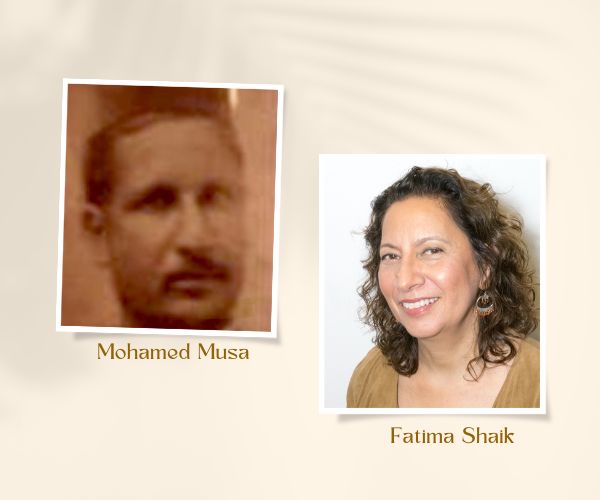
Why was it important for her to find her ancestry, you ask. “One reason was my parents’ experiences and mine living in segregation in the United States. My family, like anyone mixed with African blood, was told that our entire legacy was slavery and that we were inferior. But we knew differently. India existed as the bright star just beyond the horizon where my family imagined no racial boundaries and a more prosperous life.”
Once landing in Kolkata, however, it was difficult to find the village Khari on the other side of the Hooghly, or Ganga, as local people call it. It was the only name Fatima knew of her ancestral place. Numerous visits to municipality offices, browsing through land holding records sometimes seemed like a wild goose chase. But voila! One day it happened.
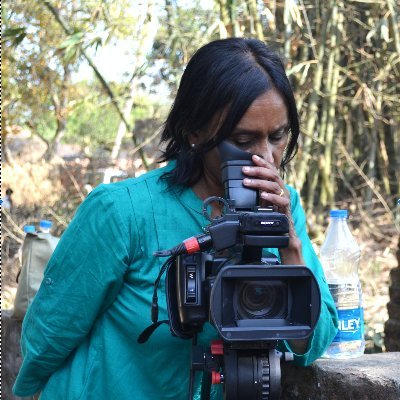
“I credit Kavery with finding the remote Bengali village out of the huge landmass of India with only my grandfather’s letter as a starting point and putting me onto the tasks of family research in the United States for her film and my nonfiction book. I was not disappointed with the connections I made while confirming my family’s oral history. I found the ship that brought my grandfather to North America, his death certificate, the location of his properties in New Orleans, the names of his compatriots, and more. I even connected with childhood friends, who I found out had Indian grandfathers too!”
Her family back home was thrilled to know that the oral history was true– that their grandfather really had come from an area near the Hooghly river after all, and that he was a relatively prosperous man– none of which had been found in earlier documentation. “My family and friends were very happy to see the beautiful film, the lush fields and the images of the generous people in his ancestral village.”
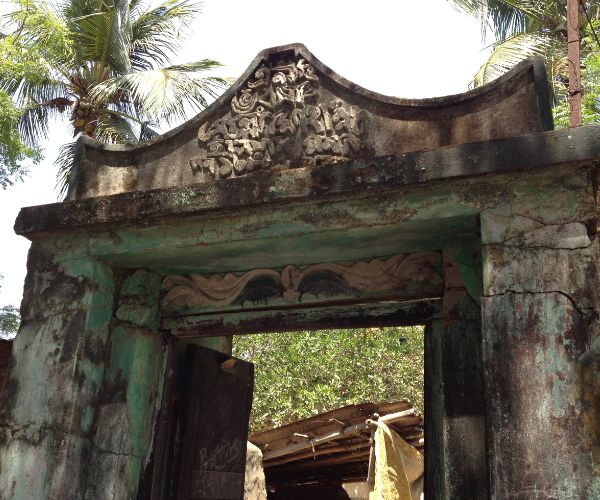
Fatima’s books usually dwell on people of African descent in America. In this context does she find resonance with writers like Alex Haley (Roots)?
“Absolutely!” Fatima replies promptly. “I love the work Haley did at broadening the reach of the African American story to mainstream audiences. I also feel that Haley began a movement to make everyone consider their ancestral roots, especially the descendants of Africa who had contact with people from all over the world-as we now know with DNA. He popularized scientific and historical exploration, both of which are very important to me.
She herself is interested in historical legacies and culture, particularly the way people related to one another in the past across ethnic, geographic, and colour boundaries..
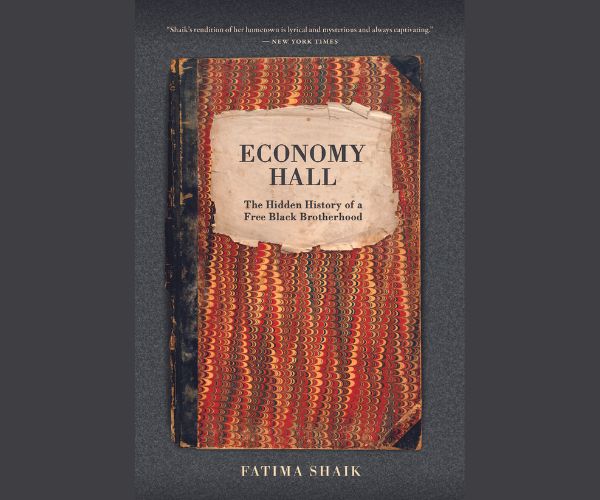
Fatima’s book Economy Hall: The Hidden History of a Free Black Brotherhood (2021) received multiple awards– American Book Award, the Louisiana Endowment for the Humanities Book of the Year, and received a glowing review in the New York Times. Plus it was the nonfiction pick of the year in two book review journals, including Kirkus which gave it a starred review (a big deal in the publishing world). “I’d like to be appropriately humble but it’s nice to have a 20-year project turn out right. The book is now in hardcover, softcover and as an audiobook. I read it myself!”
At the moment Fatima is “shopping around her family story that formed the basis of The Bengali film to agents and publishers.”
She is also writing about a New Orleanian whose father was from Italy and mother from Africa. This real-life protagonist left for Europe in the 1830s, became very wealthy, and was made an Italian count. “There are so many good stories that no one knows but an examination of history will reveal,” Fatima believes.
Images courtesy:
Fatima Shaik profile photo: Sophia Little
Mohamed Musa’s photo and his ancestral home: Fatima Shaik
Photo of Kavery Kaul and Featured image: https://www.kaverykaul.com/the-bengali/
Book cover: Amazon
Ranjita Biswas is an independent journalist, author and translator. She is an award winning translator of fiction and has seven published works to her credit so far. She won KATHA awards thrice. Among her translated works, “Written in Tears” (Harper Collins) won the Best Translation Prize in English from Sahitya Akademi in 2017. “The Loneliness of Hira Barua” (Pan Macmillan) won the PFC-Valley of Words award in 2021. “Dawn” (Kali for Women/Zubaan), the first book she translated of Arupa Patangia Kalita, the author of these books, was also translated into Hindi. “Areca Nut Tree and Other Stories” (Vitasta, 2022) is a selection of contemporary short stories by the new age Assamese women writers. Biswas is also an award winning writer of children’s fiction.



